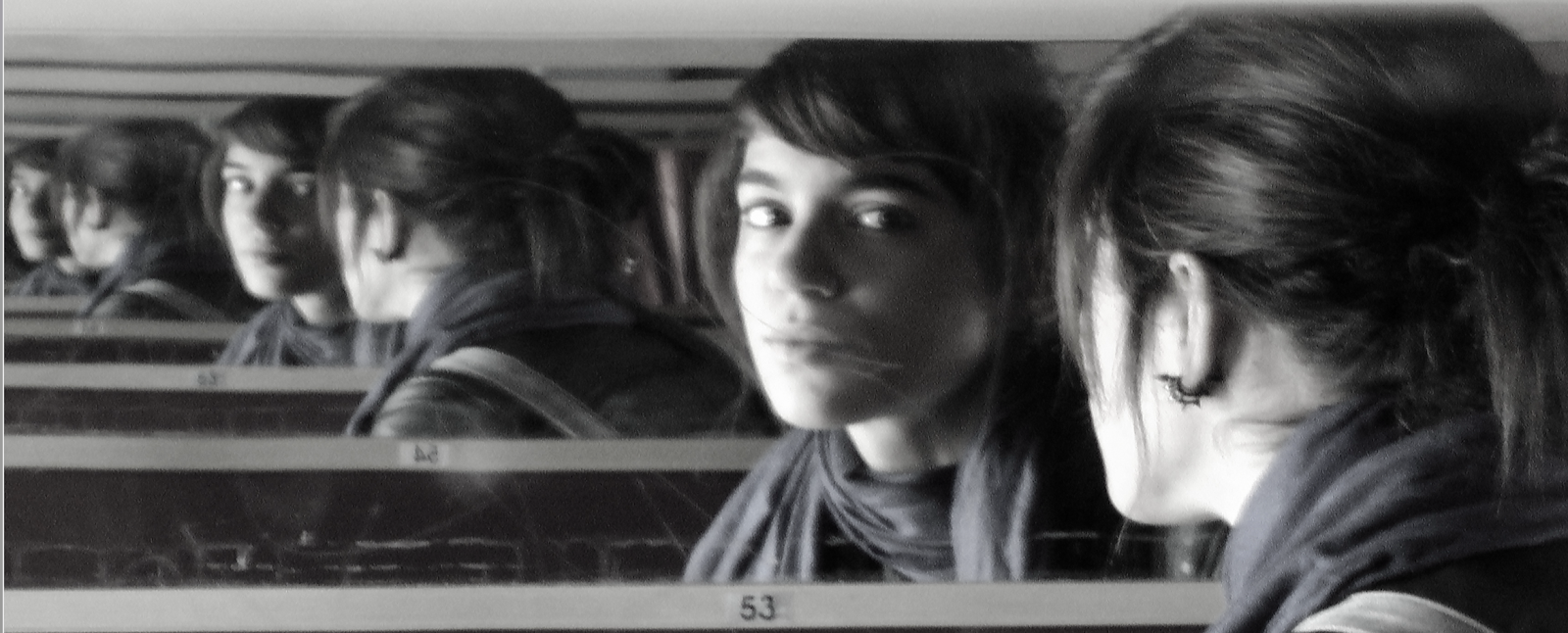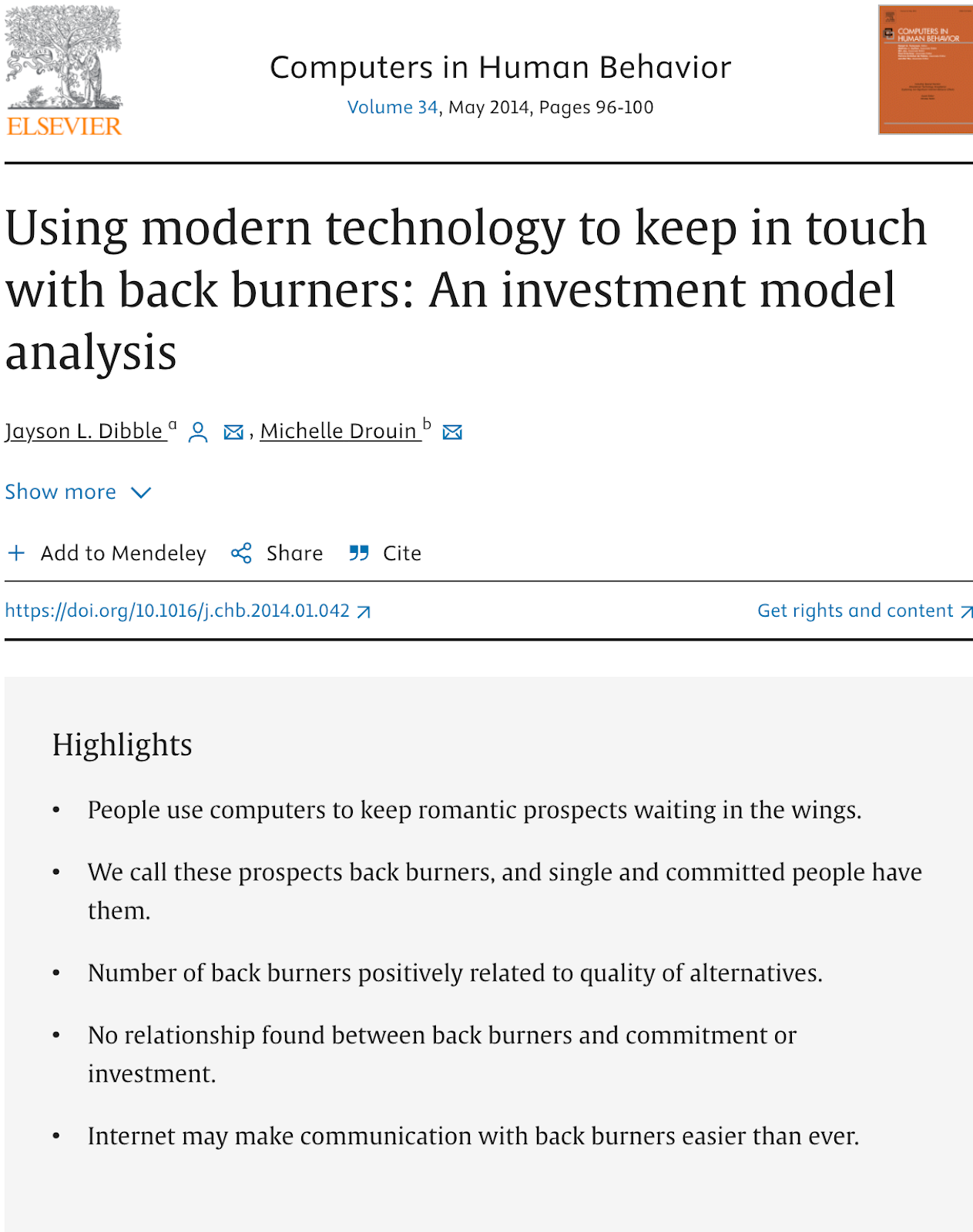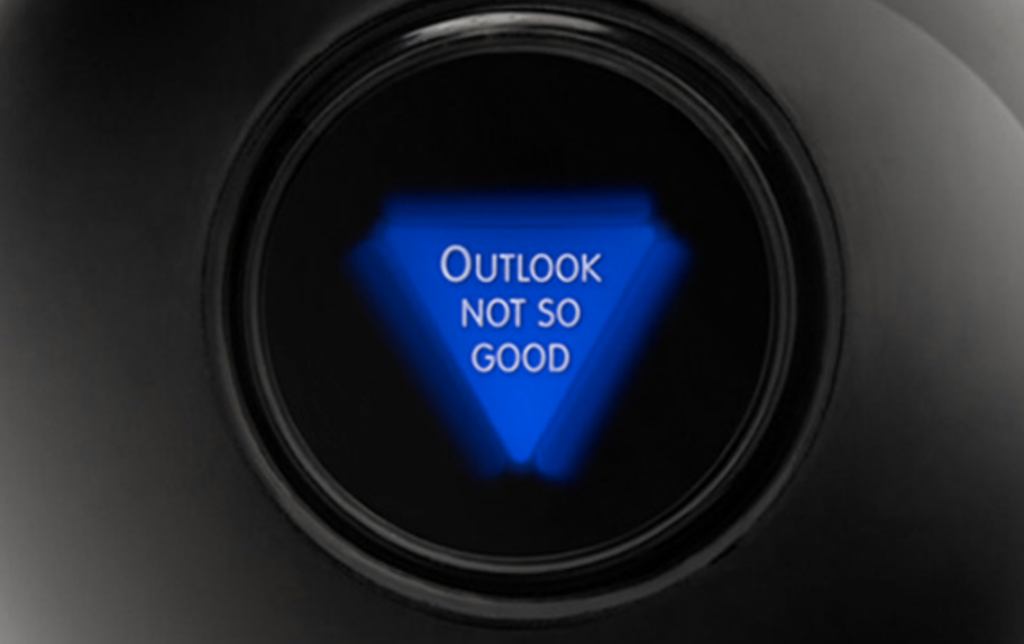from Edward Snowden's Substack
9/19/25
POST TRUTH SOCIETY
from Edward Snowden's Substack
9/10/25
Objects and memories
I collect a lot. I do not have space for all I'd like to collect. Since I dont have an art studio, from time to time I have to part with things and accept they won't become that project I've been imagining for years. But every now and then, something I collected for years becomes incredibly useful in a creation or assemblage. Those make worth all the space-killing collections still taking place in my spaces.
"The things we keep and arrange become part of our environment, identity, and how we communicate with the world, both as individuals and as societies. Collecting is a deeply meaning-making activity: it weaves memories and longing into the everyday spaces we inhabit.
Objects connect us to the past. German existential philosopher Martin Heidegger argued that they are not just things, but heritage:
According to Heidegger, human agents are ‘thrown’ out of a past, into the present, as they project a future. In a sense, the human agent is ‘in’ all three dimensions of time at once. In Heidegger’s terms, it is impossible for any of us to invent our life from scratch. Past objects have meaning for us today only because the past surrounds us as our heritage.
In a nutshell: Even the most mundane object (an old concert ticket, a pencil eraser) matters if it tells a story or sparks a memory."
7/20/25
Identity is a complex thing in the social media age. There are of course perfectly valid arguments that even artists who present themselves under their own name still do so through an elaborately calculated and managed sense. In an era when bands and artists spew out meaningless hashtag politics to score online woke points, is it any less fake to simply lie about your entire existence under the guise of character? It balances an interesting and occasionally perilous line between exploring identity and being exploitative; between wily marketing and desperate tactics to do what it takes to get yourself heard and seen. So it asks the question: playfulness or perniciousness?
So does buying into the myth, as long as the music is good, supersede a need for truth? Does authenticity matter if the yarn or the art is good enough?
6/19/25
The INTERNET
We learned that it can be an overconfident unreliable oracle - one that is often trying to sell us something - but we go to it anyway because it’s often right and if not, it’s at least always there.
From Search Engine, episode “The test”
5/25/25
another fascinating mental condition: Hyperthimesia
The mental condition of super memory, also known as Highly Superior Autobiographical Memory (HSAM), is a rare ability to recall details of one's life with exceptional accuracy. Individuals with HSAM can vividly remember specific events, dates, and even sensory details from their past, often including emotions and smells. This ability is not the same as eidetic memory, which involves retaining images vividly but for a shorter duration.
5/21/25
and yet another favorite new term: PSEUDOCIDE
Faking your own death, also known as a staged death or pseudocide, "isn't inherently a crime," James Quiggle of the Coalition Against Insurance Fraud said to Live Science in 2012, "but it involves so many built-in frauds that it's virtually impossible to legally fake."
Just downloaded the book "Playing Dead: A Journey Through the World of Death Fraud", from Elizabeth Greenwood. Tell you more about it later!
5/12/25
new favorite terms for already favorite substances: EMPATHOGENS or ENTACTOGENS
Entactogens, also known as empathogens or connectogens, are a class of psychoactive drugs that induce the production of experiences of emotional communion, oneness, connectedness, emotional openness—that is, empathy—as particularly observed and reported for experiences with MDMA.[1][2][5][3][4] This class of drug is distinguished from the classes of hallucinogens or psychedelics and stimulants, although entactogens, for instance MDMA, can also have these properties.[1][4][6][7] Entactogens are used both as recreational drugs[8] and are being investigated for medical use in the treatment of psychiatric disorders, for instance MDMA-assisted therapy for post-traumatic stress disorder (PTSD).[9][10][11]
Notable members of this class include MDMA, MDA, MDEA, MDOH, MBDB, 5-APB, 5-MAPB, 6-APB, 6-MAPB, methylone, mephedrone, αMT, αET, and MDAI, among others.[1][5] Most entactogens are phenethylamines and amphetamines, although several, such as αMT and αET, are tryptamines.[1][5] When referring to MDMA and its counterparts, the term MDxx is often used (with the exception of certain non-entactogen drugs like MDPV).
Entactogens act as serotonin releasing agents (SRAs) as their key action.[12][13][5][14][15] However, entactogens also frequently have additional actions, such as induction of dopamine and norepinephrine and serotonin 5-HT2 receptor agonism, which contributes to their effects as well.[12][13][5][14][15] It is thought that dopamine and norepinephrine release provide additional stimulant, euphoriant, and cardiovascular or sympathomimetic effects, serotonin 5-HT2A receptor agonism produces psychedelic effects of variable intensity, and both dopamine release and serotonin 5-HT2 receptor agonism may enhance the entactogenic effects and be critically involved in allowing for the qualitative "magic" of these drugs.[12][13][5][14][15] Entactogens that simultaneously induce serotonin and dopamine release, for instance MDMA, are known to produce long-lasting serotonergic neurotoxicity[16][17][5] with associated cognitive and memory deficits as well as psychiatric changes.[18][19][20][21]
The term empathogen, meaning "generating a state of empathy", was independently coined by Ralph Metzner in 1983 and David E. Nichols in 1984 as a term to denote a class of drugs that includes MDMA and other agents with similar effects.[27][28][29] Subsequently, in 1986, Nichols rejected this initial terminology and adopted, instead, the term entactogen, meaning "producing a touching within", to denote this class of drugs, asserting a concern with the potential for improper association of the term empathogen with negative connotations related to the Greek root πάθος páthos ("suffering; passion").[1][4][6] Additionally, Nichols wanted to avoid any association with the term pathogenesis.[66]
Nichols also thought the original term was limiting, and did not cover other therapeutic uses for the drugs that go beyond instilling feelings of empathy.[3] The hybrid word entactogen is derived from the roots en (Greek: within), tactus (Latin: touch) and -gen (Greek: produce).[4] Entactogen is not becoming dominant in usage, and, despite their difference in connotation, they are essentially interchangeable, as they refer to precisely the same chemicals.
In 2024, an additional alternative term, connectogen, was proposed and introduced by Kurt Stocker and Matthias Liechti.[2]
Source: Wikipedia
5/5/25
IMPOSSIBILITY FREEDOM
Again
allure of doomed relationship splits me
between
tranquility
and nonsense.
Desire and drive in all-time high
am I just trying to feel alive?
4/28/25
4/25/25
12/16/24
NRCSSSTC HSTRNC
There’s no trap as deadly as the trap you set for yourself and the psychiatric psychos and no one else
12/9/24
LIMERENCE
11/30/24
Impossibles attract (me)
The perspective of the impossible
is more attractive
than reality
loyalty
tranquility.
Living in fantasy
seems easier
than reality.
But is it?
the KRM 2024 edition
8/8/24
the Madonna Whore complex
"Where such men love they have no desire, and where they desire they cannot love"
3/11/24
3/6/24
Meus sentimentos

Não consigo medir
quando os sinto
só consigo sentir
sempre intenso
nada sai
do pensamento
2/28/24
2/21/24
2/15/24
2/12/24
ITS YOU
senti uma coisa
será a impossibilidade
será minha verdade
será o poder
e o não poder ser
já esqueci seu rosto
mas não o gosto
ferrugem
sangue
gosto
Gostoso.
2/6/24
1/29/24
1/22/24
1/17/24
12/26/23
AVOIDANT ME
Get away, away, away from your home
I'm afraid, afraid, ghost
I don't mean to stare, we don't have to breed
We can plant a house, we can build a tree
I don't even care, we could have all three
I don't care, I don't care, I don't care
I don't mind, I don't mind, I don't mind
I don't mind, mind, don't have a mind


























